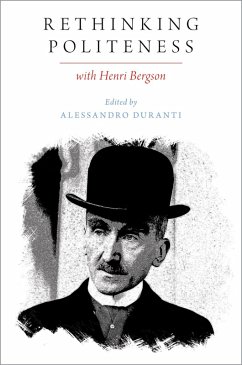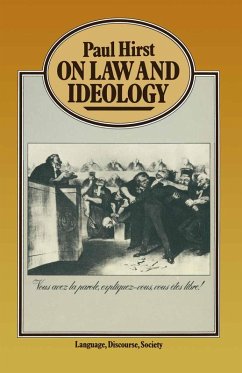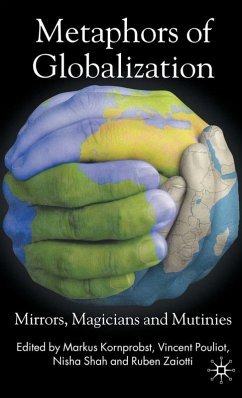
Metaphor and Political Discourse (eBook, PDF)
Analogical Reasoning in Debates about Europe
Versandkostenfrei!
Sofort per Download lieferbar
40,95 €
inkl. MwSt.
Weitere Ausgaben:

PAYBACK Punkte
20 °P sammeln!
Far from being rhetorical ornaments, metaphors play a central role in public discourse, as they shape the structure of political categorisation and argumentation. Drawing on a very large bilingual corpus, this book, now in paperback, analyses the distribution of 'metaphor scenarios' in more than a decade of public discourse on European integration, elucidating differences in UK and German attitudes and argumentation. The corpus analysis leads to a refinement of cognitive metaphor theory by systematically relating conceptual, semantic and argumentation levels and incorporating the historical di...
Far from being rhetorical ornaments, metaphors play a central role in public discourse, as they shape the structure of political categorisation and argumentation. Drawing on a very large bilingual corpus, this book, now in paperback, analyses the distribution of 'metaphor scenarios' in more than a decade of public discourse on European integration, elucidating differences in UK and German attitudes and argumentation. The corpus analysis leads to a refinement of cognitive metaphor theory by systematically relating conceptual, semantic and argumentation levels and incorporating the historical dimension of metaphor evolution. Finally, drawing on examples of metaphor negotiation and on a reassessment of Hobbes' concept of metaphor in Leviathan, the book highlights the ethical dimension of metaphor in politics.
Dieser Download kann aus rechtlichen Gründen nur mit Rechnungsadresse in A, B, BG, CY, CZ, D, DK, EW, E, FIN, F, GR, HR, H, IRL, I, LT, L, LR, M, NL, PL, P, R, S, SLO, SK ausgeliefert werden.












